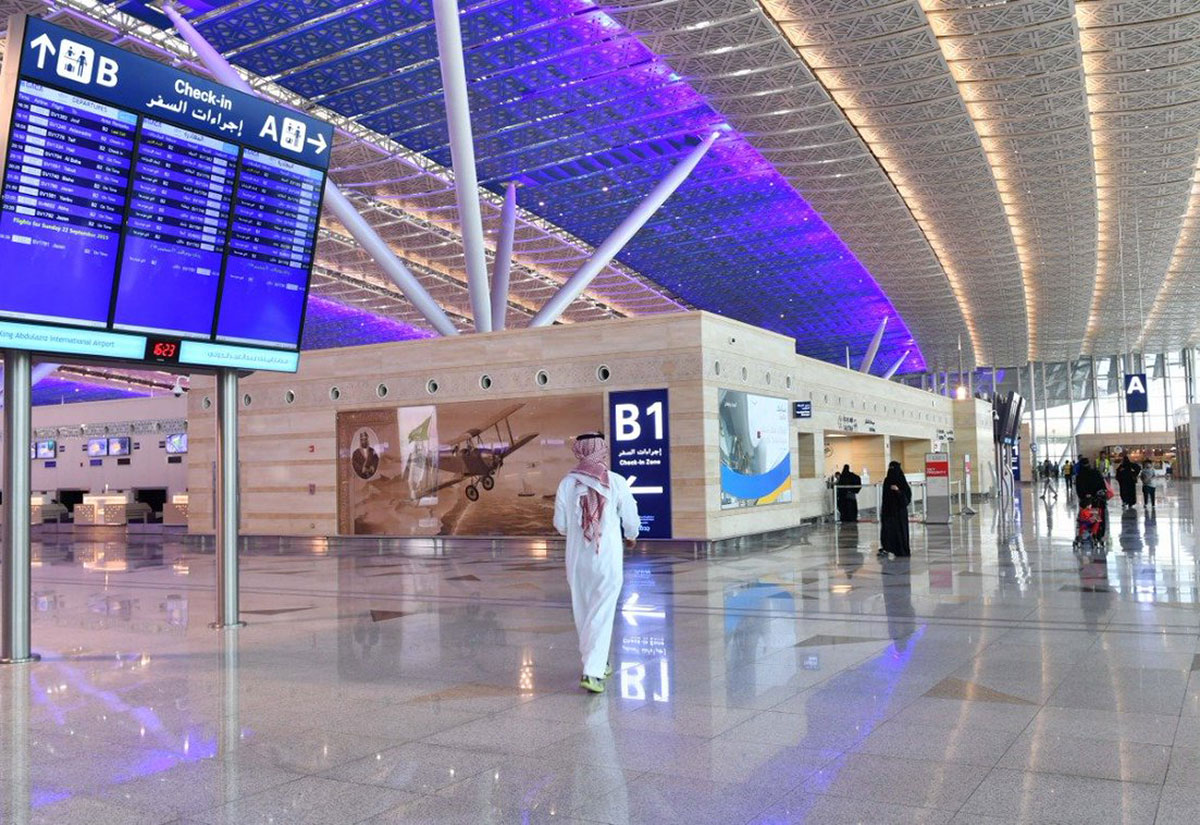Saudi Arabia has announced new airline compensation rules, which will see passengers given money for delayed planes and lost luggage.
The Kingdom’s General Authority of Civil Aviation announced the new rules, designed to protect the rights of travellers.
Under new guidelines, set to come into place from November 20, passengers could be compensated up to 200 per cent the cost of the ticket in certain circumstances.
Saudi airline compensation rules.
Lost luggage could see passengers given up to SR6,568 ($1,750) in financial compensation.
The new regulation aims to contribute to upgrading air transport services, enhancing its efficiency, and improving the traveller’s experience to, from and within the Kingdom.
The new regulations include 30 articles that guarantee traveller access to care, support and compensation in the event of advance, delay or cancellation of flights.
Furthermore, passengers refused boarding of their planes due to overbooking or downgrading will be compensated.
The compensation amounts dictated by the new rules can reach up to 200 per cent of the ticket value.
The sweeping changes for air passengers in Saudi Arabia are also guaranteed compensation in the event of a stopping point being added to their journey that was not announced when creating the reservation.
Both passengers and air carriers in Saudi Arabia will have clearly defined obligations.
The regulation guarantees passengers, upon loss of baggage, a financial compensation equivalent to approximately SR6,568 ($1,750), and in the event of damage, defect or delay, a financial compensation not exceeding approximately SR6,568 .
Passengers with special needs and seasonal travellers, such as Umrah and Hajj pilgrims, will also be covered by new rules.
The Vice President of the General Authority for Civil Aviation for Quality and Traveler Experience, Eng. Abdulaziz bin Abdullah Al-Dahmash, said the new regulations reflect the authority’s interest in the satisfaction of travellers, and its keenness to improve the travel experience in the Kingdom’s skies, by protecting travellers from any sudden changes in air traffic, and providing them with better options.






